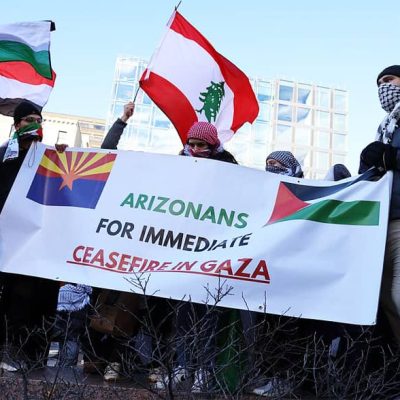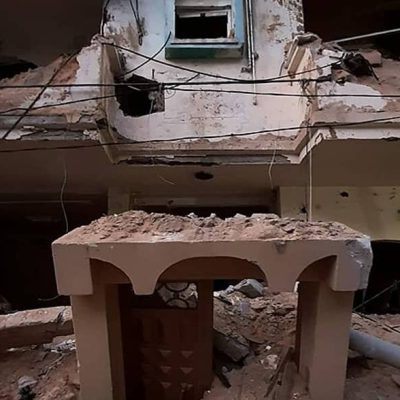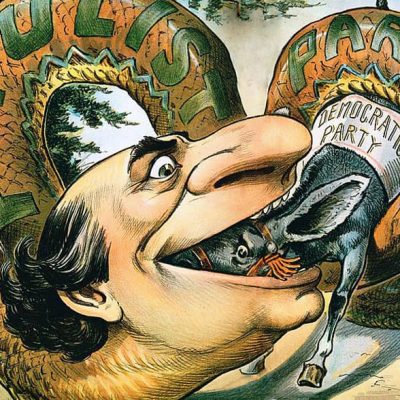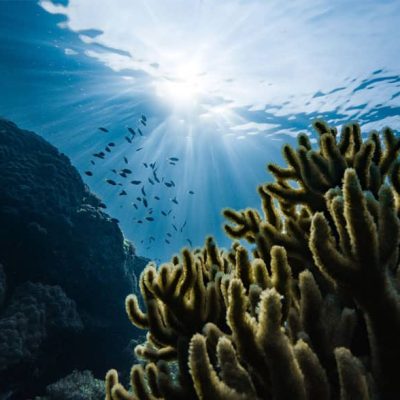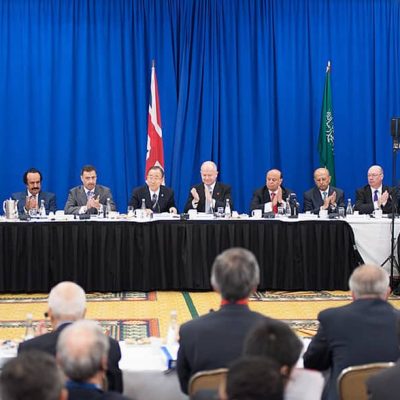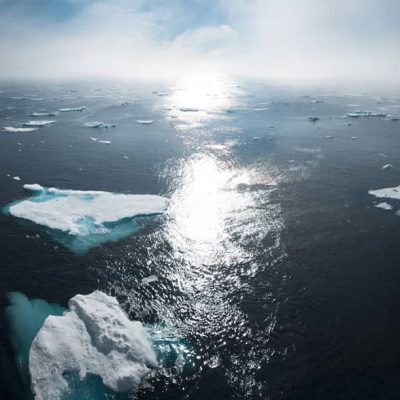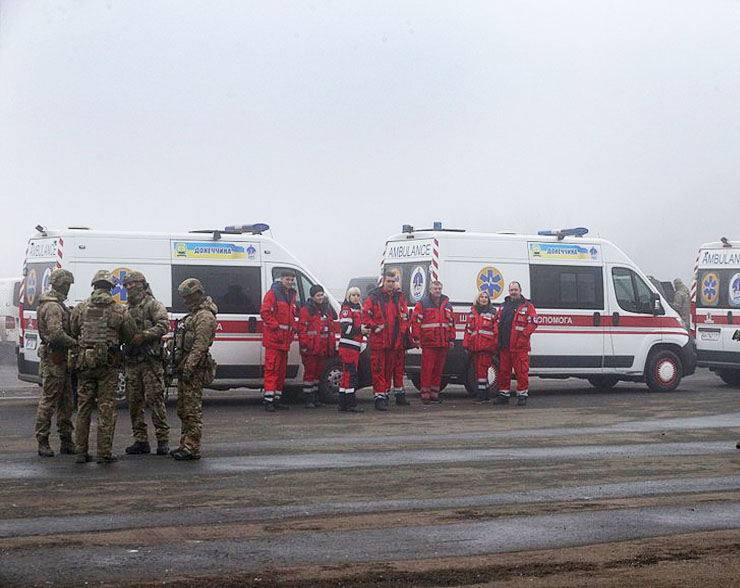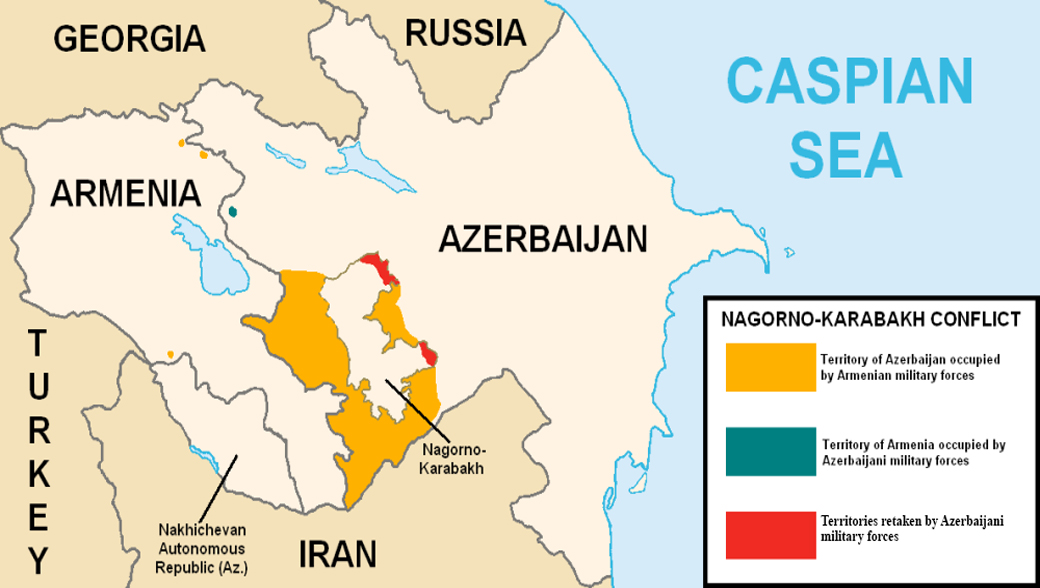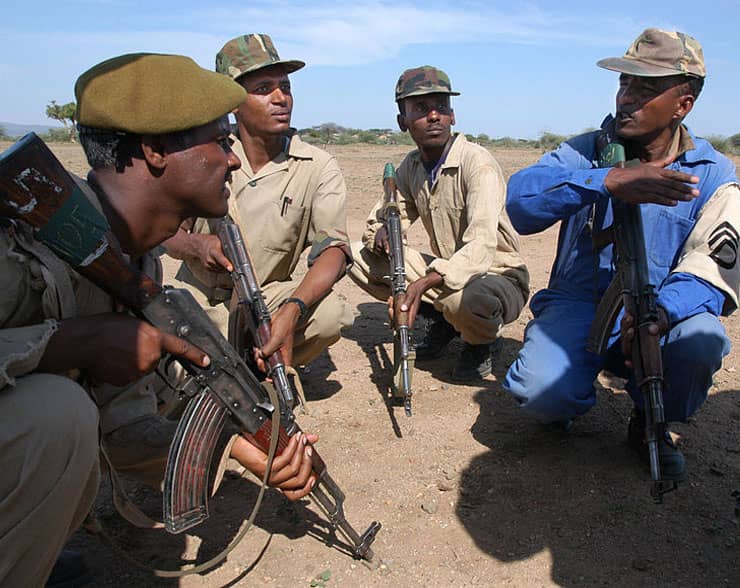 Appeals
Appeals
Tigray: After the Calm, A Possible Storm.
Featured Image: Ethiopian national defense force 2nd Lt. Aweke Demesse talks with his troops on where to station their perimeter watches during Combined Joint Task Force-Horn of Africa’s «Train the Trainer» course. By right, Public domain, via Wikimedia Commons.
On August 26, 2022, there was the bombing by Ethiopian federal troops of a primary school in Mekelle—the capital city of the Tigray province, which had a population of about 500,000 before the fighting began. It is not clear if the attack brings to an end some five months of relative calm in the war-torn Tigray or not.
There was a non-negotiated ceasefire but no negotiations between representatives of the federal government and the Tigray Province. Many of the former officials of the Tigray Province have fled to other countries. Thus, it is not clear who is in a position to negotiate for the Tigray factions were negotiations to be undertaken.
Ethiopia is a federal republic structured on the basis of 10 provinces. Each province is named after the major ethnic group within the province. However, no province is populated exclusively by one ethnic group. Through history and economic development people have moved to areas beyond their original «homeland».
Elections for the parliament of Tigray.
People from a «foreign» ethnic group can be made to feel as «second class citizens», and there may be violence used against them in times of tensions.
Prior to 2018 when the current federal government led by Abiy Ahmed came to power, the Tigray People’s Liberation-led government played an important role in national politics for three decades.
Tensions between the federal government and the Tigray authorities came to a head in September 2020 when elections for the parliament of Tigray were held against the wishes of the federal government who wanted all elections postponed due to the COVID-19 health crisis.
Thus, the central government said that the elections were «illegal». The Tigray authorities replied by saying that they were claiming independence and wanted to leave the Ethiopian federation, a possibility, depending on one’s interpretation of the Ethiopian constitution.
Federal troops started moving into Tigray. The fighting in Tigray became more complex each day as Ethiopian Defence Forces, Eritrean Defence Forces and ethnic militias fought Tigrayan forces. There was a build-up of Sudanese government forces on the Ethiopian-Sudan border, where some 50,000 refugees have fled into Sudan.
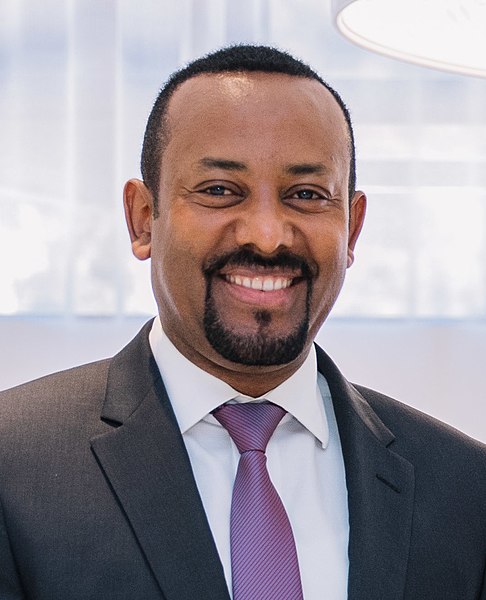
Abiy Ahmed in 2018. By Office of the Prime Minister – Ethiopia, PDM-owner, via Wikimedia Commons.
A first appeal for a ceasefire and negotiations in good faith.
The UN High Commissioner for Human Rights, Michelle Bachelet, has spoken out of the human rights violations involving mass killings, rapes, and abduction of civilians when presenting a report to the Human Rights Council on November 3, 2021. However, she stressed the difficulties of collecting information and the impossibility to visit certain areas where massive violations were said to have taken place.
There are few signs of a willingness to deal with the deep consequences of the armed conflict, especially the consequences on food supplies. The Association of World Citizens, knowing the fragile nature of the confederation of provinces which make up the Ethiopian State had made a first appeal for a ceasefire and negotiations in good faith in November 2020 shortly after the fighting had started.
Appeals have also been made by United Nations and the African Union officials. Strong measures for conflict resolution are needed if a new storm of fighting is to be avoided. [IDN-InDepthNews – 31 August 2022]
 Michelle Bachelet Jeria, United Nations High Commissioner for Human Rights, former President of Chile. By UNCTAD, CC BY-SA 2.0 <https://creativecommons.org/licenses/by-sa/2.0>, via Wikimedia Commons.
Michelle Bachelet Jeria, United Nations High Commissioner for Human Rights, former President of Chile. By UNCTAD, CC BY-SA 2.0 <https://creativecommons.org/licenses/by-sa/2.0>, via Wikimedia Commons.
By René Wadlow, President, Association of World Citizens.
Note:
This article is published under the Creative Commons Attribution 4.0 International licence. You are free to share, remix, tweak and build upon it non-commercially. Please give due credit.

Presidente, Asociación de World Citizens (AWC).
Cursó Estudios de Relaciones Internacionales en La Universidad de Chicago.
Cursó Estudios en el Programa Especial de Civilización Europea en
La Universidad de Princeton
Here are other publications that may be of interest to you.
Prevenir la expansión del conflicto de Gaza: ¿Son posibles las brigadas de paz?
Antony Blinken, el secretario de Estado de Estados Unidos, ha estado nuevamente en Medio Oriente trabajando para evitar que la violencia de la Franja de Gaza se extienda a gran…
Ciudadanos del Mundo Piden un fin Inmediato a las hostilidades entre Israel y Hamás, y por un esfuerzo auténtico de construcción de Paz en Oriente Medio.
Imagen destacada: El impacto del bombardeo israelí sobre un edificio civil en Gaza (2021). Por Osama Eid, CC BY-SA 3.0 https://creativecommons.org/licenses/by-sa/3.0, via Wikimedia Commons. La Asociación de Ciudadanos del Mundo,…
Transformación del Populismo en Europa y las Américas: Historia y Tendencias Recientes.
Imagen de portada: Caricatura de juez de 1896 que muestra a William Jennings Bryan/Populismo como una serpiente que se traga a la mula que representa al Partido Demócrata. Por la…
Día Internacional de los Océanos.
Imagen destacada: Foto de Marek Okon, Unsplash. Es necesario avanzar en las delimitaciones marítimas asiáticas. . El 8 de junio ha sido designado por la Asamblea General de las Naciones Unidas como…
Siria: El Comienzo de una noche de dolor.
Featured Image: Photo by Ahmed akacha: https://www.pexels.com/es-es/foto/gente-demostracion-rally-protesta-7183546/ Por Rene Wadlow. El 13 de marzo de 2011 en Derra, en el sur de Siria, 15 adolescentes fueron arrestados por la policía…
Yemen: Aún se necesita Acción Positiva.
Imagen destacada: El Reino Unido acogió la reunión de Amigos de Yemen el 27 de septiembre de 2012 en Nueva York junto con los coanfitriones del Reino de Arabia Saudita…
Medidas para crear Confianza en Asia-Pacífico: Revertir la Deslizamiento hacia la Violencia.
Imagen destacada: Foto de wu yi, Unsplash Con los militares estadounidenses y chinos comprometidos cerca de Taiwan, un error de cálculo podría conducir a la violencia armada. El conflicto armado en…
Enfoque de la ONU sobre las consecuencias del Cambio Climático.
Imagen destacada: Foto por William Bossen, Unsplash El 20 de marzo de 2023, el Panel Intergubernamental sobre el Cambio Climático (IPCC) publicó un Informe de síntesis basado en sus tres informes…
Medidas efectivas para proteger nuestros océanos
Imagen destacada: Foto por Dave Hoefler, Unsplash. El 4 de marzo de 2023, en las Naciones Unidas en Nueva York, se dio un paso importante hacia la protección de los océanos…
Ruido de Sables en el Mar de China Meridional.
Imagen destacada: El USS John S. McCain realiza una patrulla de rutina en el Mar de China Meridional, el 22 de enero de 2017. El destructor de misiles guiados apoya…
